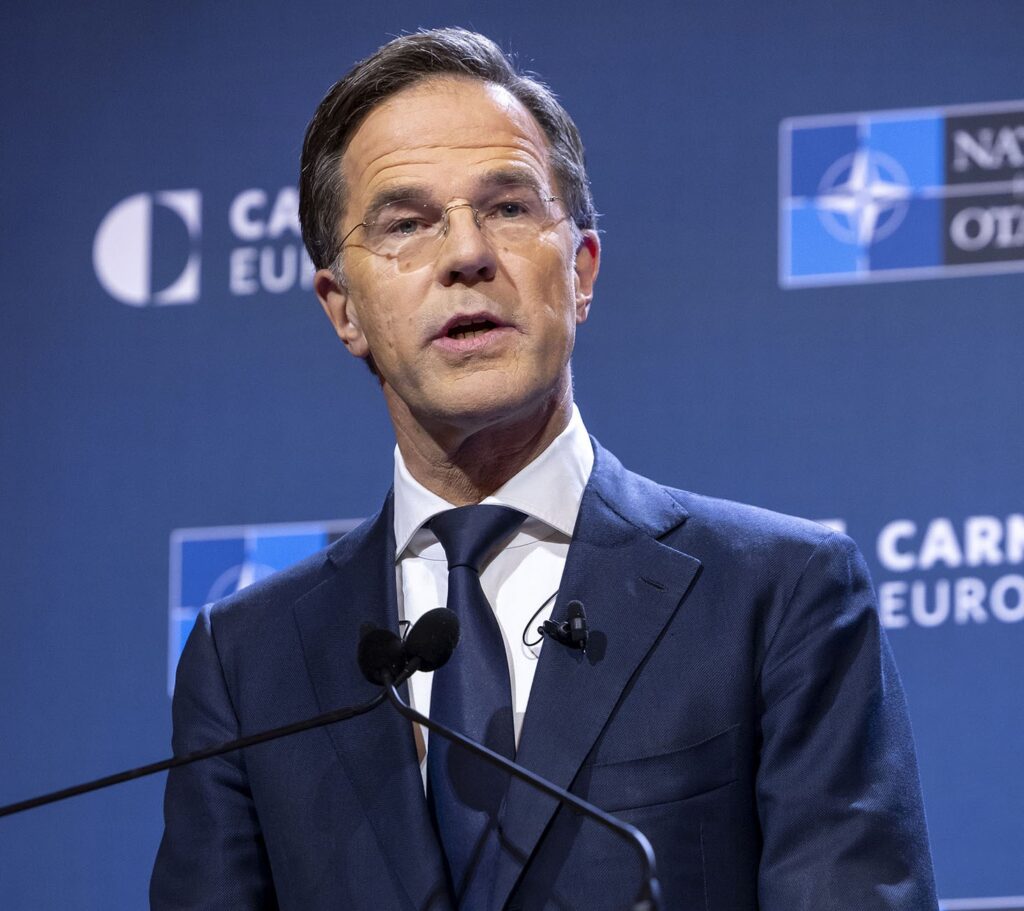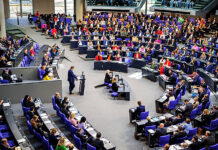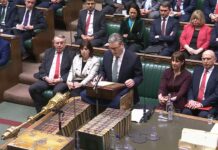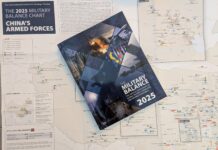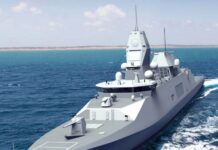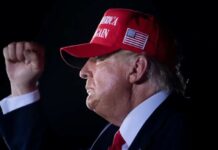
NATO Secretary General implores allies to shift to wartime mindset and spend more on defence
Peter Felstead
NATO Secretary General Mark Rutte has highlighted the critical need to ramp up defence spending and defence production amid an increasingly turbulent security climate.
Speaking on 12 December 2024 at an event hosted by Carnegie Europe in Brussels, Rutte called on the NATO allies to “shift to a wartime mindset and turbo charge our defence production and defence spending”.
Starting out by noting that Ukraine, where “Russian bombs are falling”, is just a day’s drive from Brussels, Rutte said of Russian President Vladimir Putin’s invasion of that country, “Putin is trying to wipe Ukraine off the map. He is trying to fundamentally change the security architecture that has kept Europe safe for decades. And he is trying to crush our freedom and way of life.”
Rutte then went on to note that past incidences of Russian belligerence had gone unchecked.
“His pattern of aggression is not new, but for too long we did not act. Georgia in 2008. Crimea in 2014. And many did not want to believe he would launch all-out war on Ukraine in February 2022,” said Rutte, who then asked rhetorically, “How many more wake-up calls do we need? We should be profoundly concerned. I know I am.
Rutte then went on to point out that the Russian economy is on a war footing, accompanied with a warning for what that means.
“In 2025, the total military spending will be 7 to 8% of GDP, if not more. That’s a third of Russia’s state budget – and the highest level since the Cold War,” he said. “And Russia’s defence industry is producing huge numbers of tanks, armoured vehicles, and ammunition. What Russia lacks in quality, it makes up for in quantity – with the help of China, Iran and North Korea. This all points in one clear direction: Russia is preparing for long-term confrontation: with Ukraine, and with us.”
Rutte also warned that the NATO allies “need to be clear-eyed about China’s ambitions”, pointing out that China is substantially building up its military, including its nuclear forces.
“From 200 warheads in 2020, China is expected to have more than a 1,000 nuclear weapons by 2030,” said the secretary general. “Its space-launch investments are skyrocketing. China is bullying Taiwan, and pursuing access to our critical infrastructure in ways that could cripple our societies.”
While noting that the NATO allies had increased their defence spending, have more forces at higher readiness, exercise more, have more troops and hardware in eastern Europe and now have more allies in Finland and Sweden, Rutte warned that “our deterrence is good – for now – but it’s tomorrow I’m worried about. We are not ready for what is coming our way in four to five years. Danger is moving towards us at full speed. We must not look the other way; we must face it.
“We can do that,” he continued. “We can prevent the next big war on NATO territory, and preserve our way of life. This requires us all to be faster and fiercer. It is time to shift to a wartime mindset, and turbo-charge our defence production and defence spending.”
Rutte cautioned, however, that “there is a lot that needs to be done to ensure long-term deterrence and restore peace. We are not where we want to be.”
With a direct message to the allies’ governments with regard to their defence orders, Rutte said, “Give our industries the big orders and long-term contracts they need to rapidly produce more and better capabilities. Buying only big-ticket items that are delivered too late will not keep us safe. We also need modern capabilities that use the most advanced technologies, and we need them now. So embrace risk and invest in the pool of innovators across our countries.”
Identifying the issue of defence spending as the main point he wanted to address, Rutte said, “It is true that we spend more on defence now than we did a decade ago, but we are still spending far less than during the Cold War, even though the threats to our freedom and security are just as big – if not bigger. During the Cold War Europeans spent far more than 3% of their GDP on defence. With that mentality, we won the Cold War. Spending dropped after the Iron Curtain fell. The world was safer. It is not anymore.
“A decade ago, Allies agreed it was time to invest in defence once again.
The benchmark was set at 2%. By 2023, NATO Allies agreed to invest ‘at least’ 2%. I can tell you: we are going to need a lot more than 2%,” Rutte warned.
As if to directly confront those elements among the populations of NATO nations who oppose the defence sector, Rutte said, “Some people will tell you … strong defence is not the way to peace. Well, they are wrong, because without strong defence, there is no lasting security. And without security, there is no freedom for our children and grand-children; no schools, no hospitals, no businesses. There is nothing. Those who lived through the Second World War know this, and our Ukrainian friends are living it every day.”
In one of his final remarks, Rutte pointed out that Ukraine “is allocating nearly a quarter of its GDP for defence next year. That is more than 10 times what European NATO Allies spend: a harsh reminder that freedom does not come for free. If we don’t spend more together now to prevent war, we will pay a much, much, much higher price later to fight it: not billions, but trillions of euros.”
